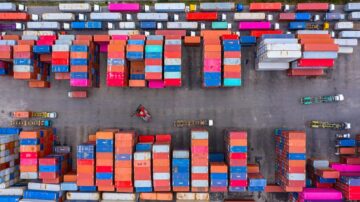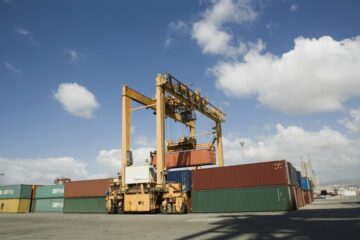
Incoterms are rules for international trade that have been developed by the International Chamber of Commerce. These rules are used in international sales contracts. The term Incoterms, comes from “international commercial terms“.
These terms are used to determine when the risk for the cargo is transferred between buyer and seller and the responsibilities of the buyer and seller. Although use of the terms are voluntary, most international transactions are governed by the rules established in the incoterms, based on their adoption in sales agreements and contracts.
The International Chamber of Commerce is in charge of updating the incoterms as international trade trends and needs develop.
It must be noted that although the terms are updated every few years, it does not mean that the previous Incoterms are invalid, so the Incoterm and the year of the version will have to be specified in the contract.
What aspects of international sales do incoterms regulate?
- Delivery of goods: Obligation of the seller and buyer with regards to paying for and arranging freight.
- Transfer of risks: Incoterms deal with transfer of risk and not transfer of ownership. The terms define when risks are transmitted in terms of the the place (factory, dock, ship) and at the time specified in the contract and in the Incoterm.
- The distribution of expenses: The terms define when seller and buyer have to pay for what costs.
- Customs procedures: The terms make clear who has to manage import and export Customs clearance procedures.
Some of the more common about Incoterms:
- EXW (Ex Works, Ex Works): Delivery is made at the seller’s premises or at another designated location when the merchandise is made available to the buyer.
- CIF (Cost, Insurance and Freight): The seller is responsible for transport and insurance until the merchandise reaches the destination port.
- FOB (Free on Board): The seller is responsible for the merchandise until it is loaded onto the ship.
- CFR (Cost and Freight, Cost and Freight): The seller is responsible for the transport but not the insurance, so the buyer would be unprotected against possible risks.
- DDP (Delivery Duty Paid): This Incoterm allows the seller to make the merchandise available to the buyer in the designated destination country. The use of the term DDP implies that the seller must pay any import or export duty as well as carry out all customs procedures.
A final word…
Incoterms are difficult to understand however, when points of contention arise they can be difficult to interpret in a judicial environment. Hence, it is always in the best interests of both buyer and seller to include elaborations on the procedures to be followed and the liabilities/responsibilities between buyer and seller in any international transaction.
| Do you have questions relating to import/export procedures? We provide free email consultations: Contact Us Today |








